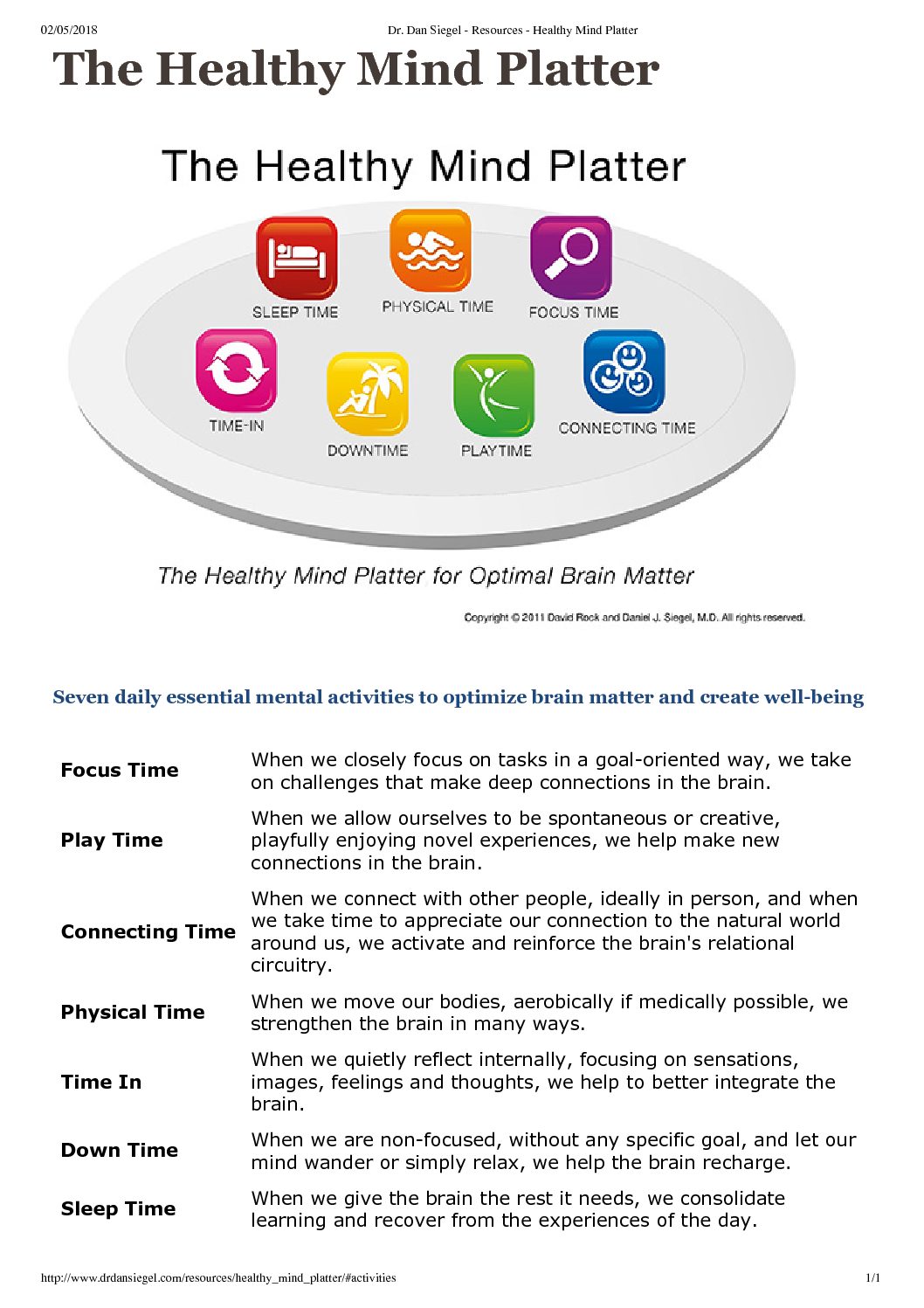Why do I need Reading Glasses?

At around age of 40, you may notice to read and focus on printed material you need to hold it further away . This phenomenon is known as presbyopia. It’s a normal ageing change and eventually affects everyone, regardless of whether you’ve worn glasses all your life or never needed glasses. Presbyopia doesn’t affect your distance vision.
What Causes Presbyopia?
The eye is designed to focus incoming light onto the retina. One of the structures that helps to do this is the lens. The lens can change shape to allow you to focus on objects either in the distance or up close. As you age, the lens gradually becomes more stiff and is unable to change shape as readily. Presbyopia is not preventable and affects everyone. It is not a dangerous condition.
What are the Symptoms of Presbyopia?
Between the ages of forty and fifty, you may notice it becoming more difficult to read up close. To compensate, people naturally tend to hold objects further away. Sometimes the extra work in trying to focus up close can result in eyestrain or headaches.
Should I Seek Help if I Think I Have Presbyopia?
The eye is a complex structure and presbyopia is not the only condition that can affect close vision. If you’re having trouble with your near vision, see an optometrist to have your eyes properly assessed to ensure the cause is presbyopia rather than anything more serious.
Is Presbyopia Treatable?
If you are managing to read and see close objects to your satisfaction no treatment is required. If you feel like you would like to be able to read up close more easily, are suffering eyestrain or headaches there are some simple solutions.
Reading glasses can help bring close objects back into focus. Generic reading glasses are a simple and cheap option that can be purchased from pharmacies. Once you’ve had your eyes checked by an optometrist you can choose the appropriate strength from a limited selection that are the same for both eyes.
Most of us have different vision in each eye so these generic glasses may not suit everyone, particularly those who already wear glasses for other reasons. In this case your optometrist can prescribe individually tailored glasses to suit you.
Reading glasses will only allow you to see near objects so if you look up to see the TV for example, it will be blurred. Local optometrist Kylie Zahner advises that there are a range of lenses enabling you to focus for near, distance and in between. For example, when reading a book you may need a different correction compared to using a computer as these objects are read from different distances.
Options include;
- Half eye or look over glasses,
- Bifocals (2 lenses – one for near and distance)
- Multifocals (3 or more lenses) and
- Graduated lenses (a single lens that allows a graduated progression from near to distance)
- For contact lens wearers there is now a range of multifocal contact lenses enabling both eyes to see clearly in the distance and at near.
- There are also some refractive (laser) surgery options.
Some Final Tips on Presbyopia
Wearing glasses will not weaken your eyes. Presbyopia will gradually deteriorate as you age regardless of glasses use.
People who are shortsighted (ie require glasses for the distance) sometimes find they can read up close better with their glasses off. The degree of shortsightedness dictates the distance at which objects are in focus.
If you are concerned about presbyopia or your vision please see your local Optometrist.















